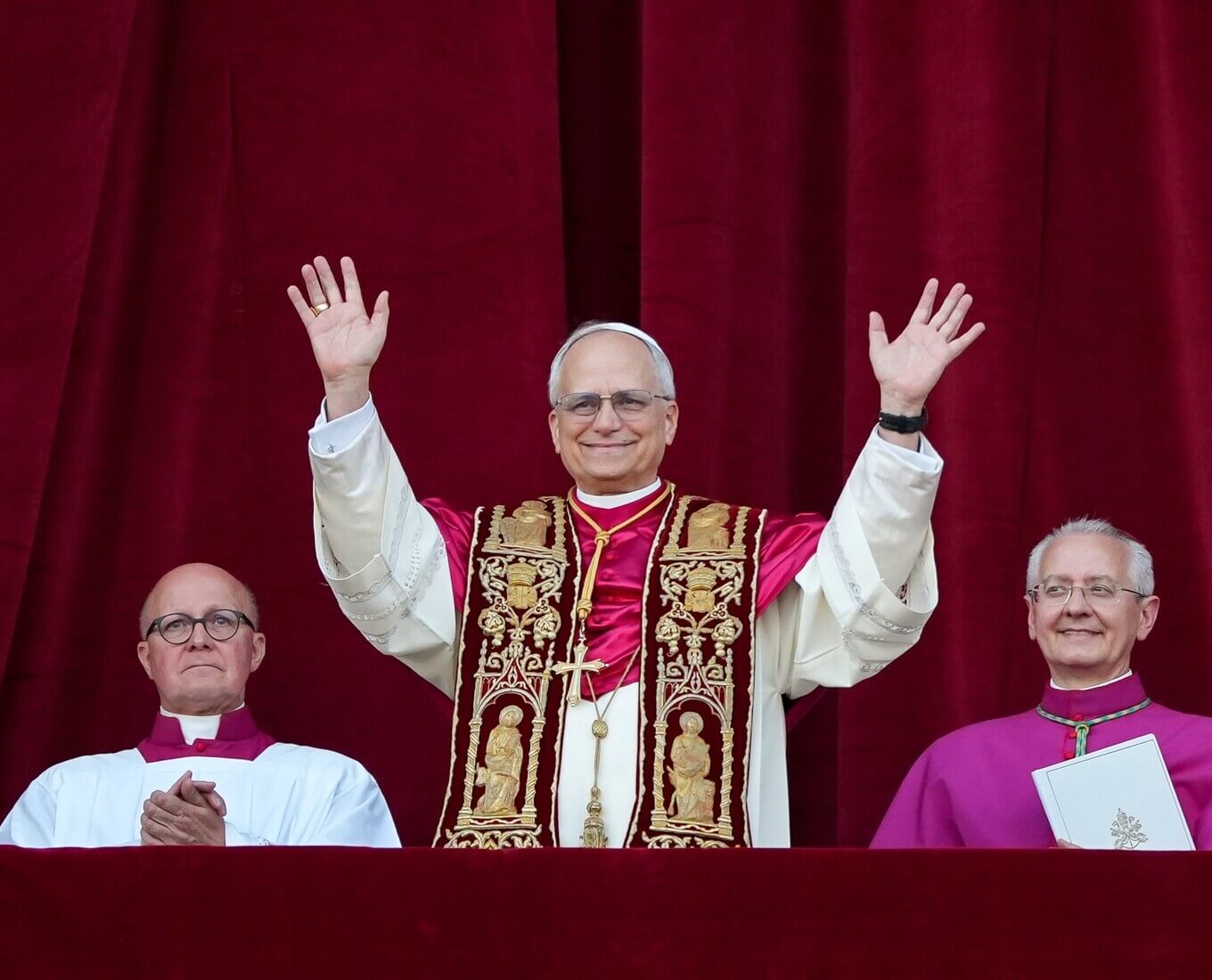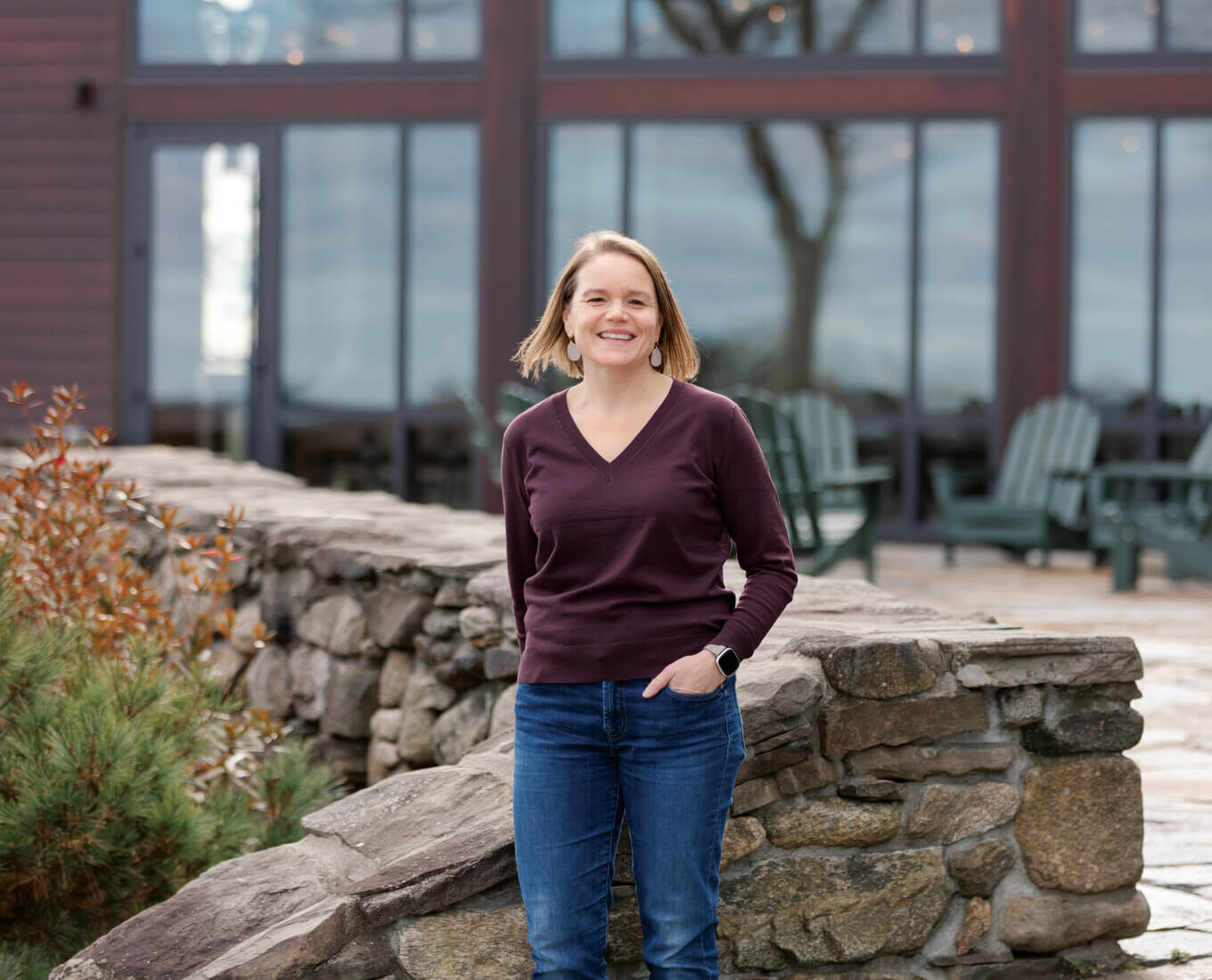WORCESTER, Mass. – Jonathan Israel, considered one of the world’s leading historians on the Enlightenment, will give the keynote address in a daylong conference on Religion and Reason in the American Founding, Friday, Dec. 3, in the Rehm Library at the College of the Holy Cross. The conference, sponsored by the Center for Religion, Ethics and Culture at Holy Cross, is free and open to the public.
Religion and reason were dominant and competing themes at the time of the American founding. Some leading political thinkers sought to make biblical faith and scientific inquiry compatible. The conference will explore how this Enlightenment-era effort shaped American politics and civil society.
Israel, who is professor of modern European history at the Institute for Advanced Study, contends that our most cherished American values — democracy, individual liberty, religious tolerance, and equality — can now clearly be identified as products of the Enlightenment.
Israel is the author of many books on the Enlightenment, including Radical Enlightenment: Philosophy and the Making of Modernity, 1650-1750 (Oxford University Press, 2002), Enlightenment Contested: Philosophy, Modernity, and the Emancipation of Man, 1670-1752 (Oxford University Press, 2006), and A Revolution of the Mind: Radical Enlightenment and the Intellectual Origins of Modern Democracy (Princeton University Press, 2009).
The conference is being organized by Daniel Klinghard, assistant professor of political science at Holy Cross, and Dustin Gish, visiting assistant professor of political science at Holy Cross, who will collaborate on a talk titled “Enlightenment and Religion in Jefferson’s Notes on the State of Virginia.” The day’s speakers will also include:
• Robert Faulker, professor of political science at Boston College, with a talk on “Locke and Bacon: Liberal Christianity and Faith in Progress.”
• Jeffrey Bernstein, associate professor of philosophy at Holy Cross, on “’Nature’s God’ as Deus sive Natura: Spinoza, Jefferson, and the Historical Transmission of the Theological-Political Question.”
• Carla Mulford, associate professor of English at Pennsylvania State University, on “Benjamin Franklin, Virtue’s Ethics, and ‘Political Truth.”
• Vincent Phillip Muñoz, associate professor of political science at the University of Notre Dame, on “In God We Trust? The Madison-Washington Dispute on the Role of Religion in American Public Life.”
The conference schedule is online at www.holycross.edu/crec. No preregistration is needed to attend. Support for the conference has been provided by the Veritas Fund.
About The Center for Religion, Ethics and Culture:
Established in 2001 and housed in Smith Hall, the Center for Religion, Ethics and Culture provides resources for faculty and course development, sponsors conferences and college-wide teaching events, hosts visiting fellows, and coordinates a number of campus lecture series. Rooted in the College's commitment to invite conversation about basic human questions, the Center welcomes persons of all faiths and seeks to foster dialogue that acknowledges and respects differences, providing a forum for intellectual exchange that is interreligious, interdisciplinary, intercultural, and international in scope. The Center also brings members of the Holy Cross community into conversation with the Greater Worcester community, the academic community, and the wider world to examine the role of faith and inquiry in higher education and in the larger culture.
Conference Explores Role of Science and Religion in America’s Founding
Read Time
2 Minutes

